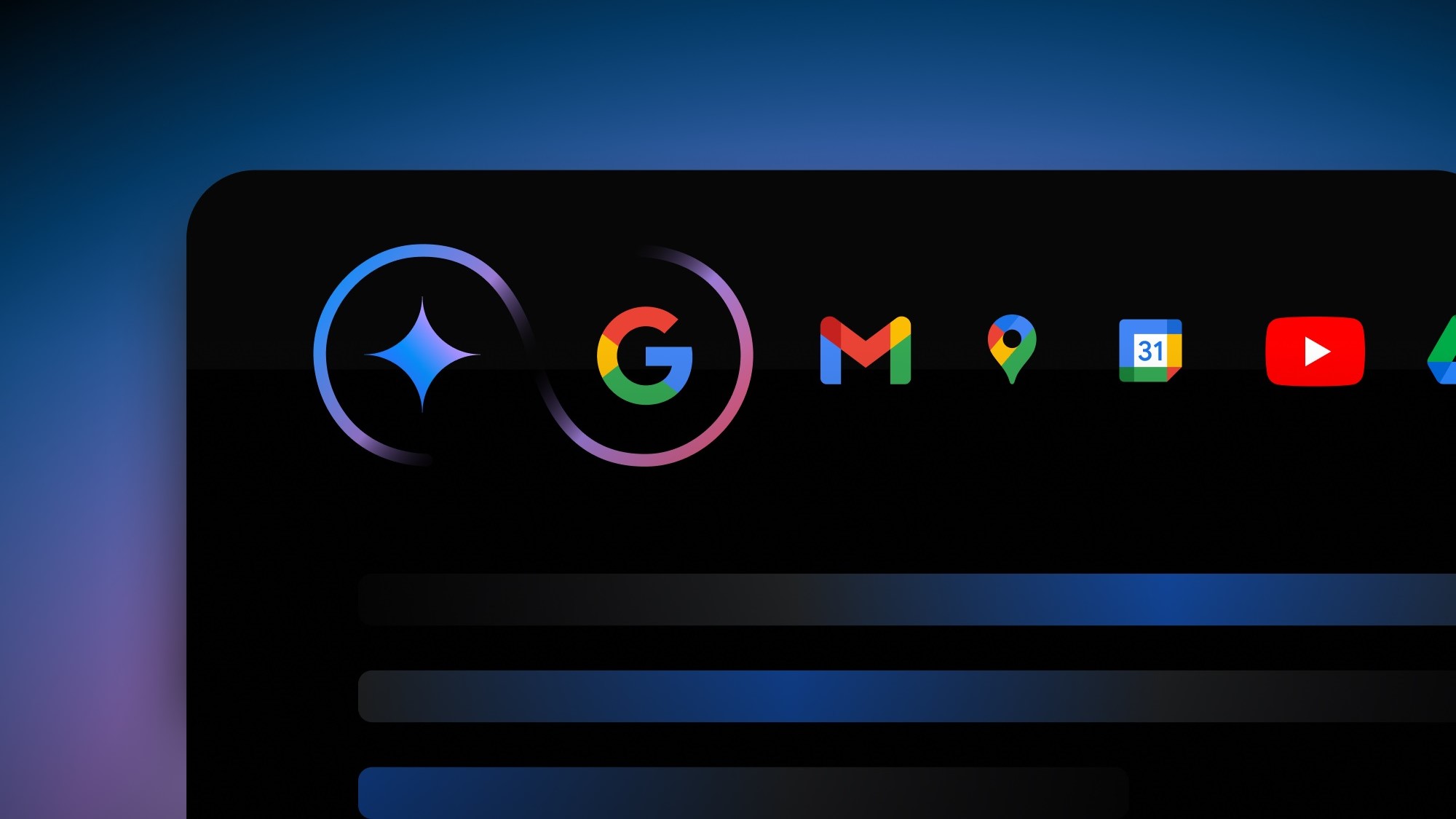Top 5 reasons to be excited for the Qualcomm Snapdragon 845
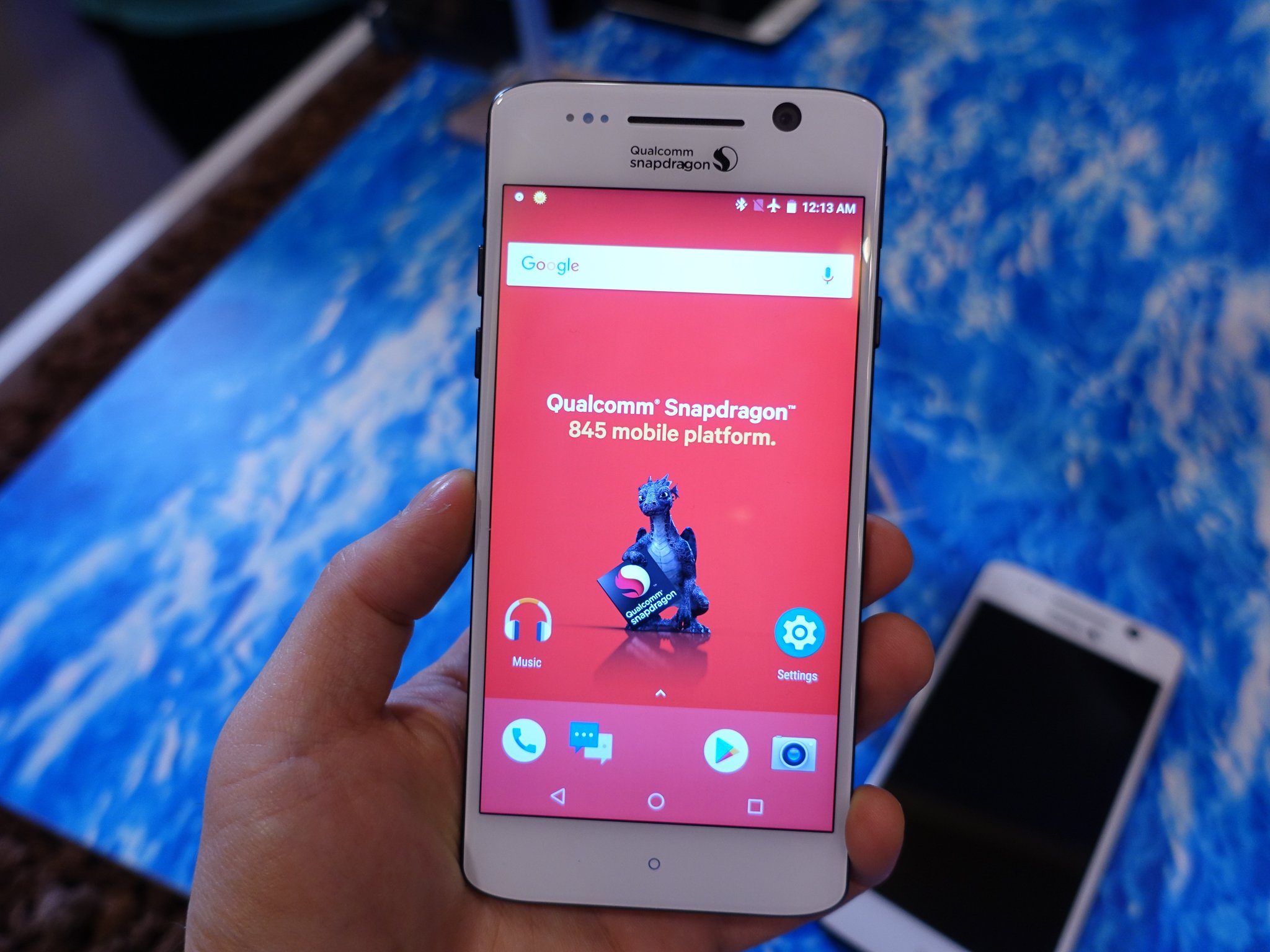
When you're hanging out with other people as obsessed with the intricacies of technology as oneself, competitors and friends alike become sounding boards for whether you're on the right track with an idea.
One of the ideas I've been noodling with recently is the subtle way Qualcomm's Snapdragon 835 — its flagship platform that debuted in late 2016 and came to devices in the spring of this year — upended the battery conversation in smartphones. Every year before this one I'd read about how, unless a phone had a massive battery, uptime was disappointing. No one really needs a phone to last a weekend, but there should be no anxiety about having to top up during the day. For the most part, barring a few outliers, phones running Snapdragon 835 delivered on that promise.
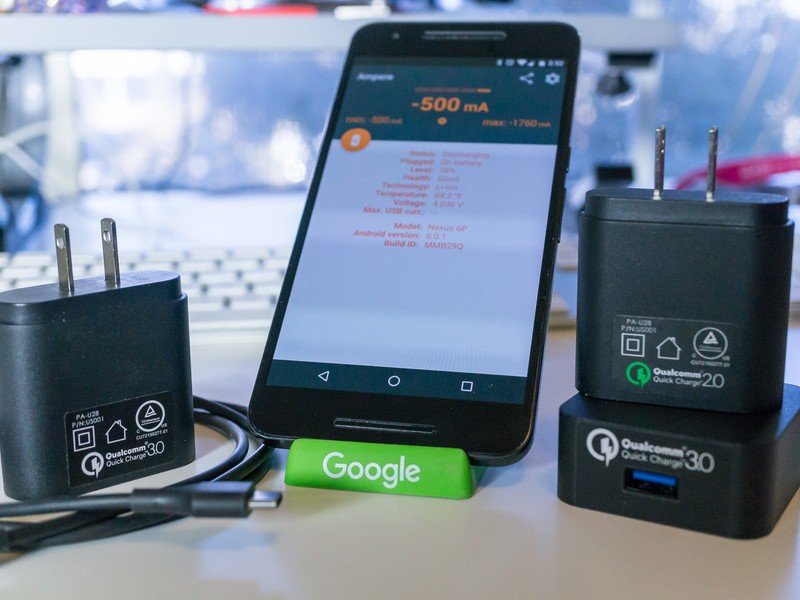
Like gas in a car, you only start to notice battery life when it begins to run out; as long as you stay within a certain (self-imposed) comfort level — and as long as you don't approach zero — your phone continues to work, and life goes on. I have a Pixel 2 sitting next to me at 55%; it's been off the charger since 6 a.m. and now it's closing in on 3:30 p.m. I won't have to charge it until I go to sleep, of that I am sure. It's a comfort thing.
Similarly, much ado (and rightfully so) has been made about improvements to camera quality in 2017, from devices like the Galaxy S8 and LG V30 to the champion, the Pixel 2. (Of course a Snapdragon 835 doesn't guarantee a great camera — see Essential Phone.) Then there's the gigabit movement, which pushed carriers and manufacturers to take more care about freeing up much-needed spectrum to make all LTE networks more efficient. I could go on.
This brings me to the Snapdragon 845. On the surface, it doesn't appear to move the needle much in terms of whiz-bang, marketable upgrades. It's faster and more efficient, sure, but the same line is trotted out year after year. What makes the Snapdragon 845 really interesting is how the minor individual improvements add up to something substantial.
It really is faster
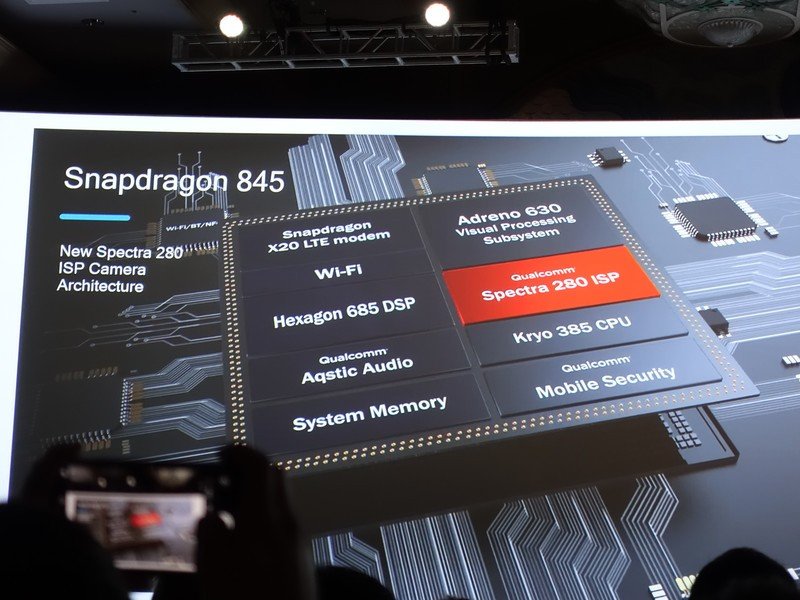
Just because the chip is built on the same 10nm Samsung FinFET manufacturing process as the Snapdragon 835 doesn't mean the sequel can't be significantly faster. Back when the Snapdragon 835 was in development, Samsung Foundry's 10nm process was fairly young, so companies like Qualcomm couldn't necessarily push them to their full potential. A year later, that's changed with the Snapdragon 845.
'Seems faster' is an annual game we play with our flagships, but the Snapdragon 845 gives us reason to hope.
Not only is the new Kryo 385 CPU built on the newer Cortex-A75 and Cortex-A55 cores (for power and efficiency, respectively), but the designs are brand new, allowing Qualcomm to push clock speeds to 2.8GHz and 1.8GHz. That should turn into meaningful improvements in single-core and multi-core benchmarks, sure, but real-world applications will also feel the upgrades. Qualcomm also sought to minimize power usage by adding two megabytes of L3 cache, which should prevent the chip from having to dig into RAM as often to recall oft-repeated processes, reducing battery usage significantly.
Get the latest news from Android Central, your trusted companion in the world of Android
Similarly, the Adreno 630 GPU is promising a 30% improvement in both performance and efficiency. Given that almost every app loaded onto a phone these days is graphically-accelerated, that should bode well for battery junkies and game enthusiasts alike.
The takeaway: The Snapdragon 845 isn't reinventing the performance wheel, and it's certainly not going to compete with Apple's A11 in single-core performance, but Android users will have nothing to complain about come 2018.
There are meaningful improvements to the camera
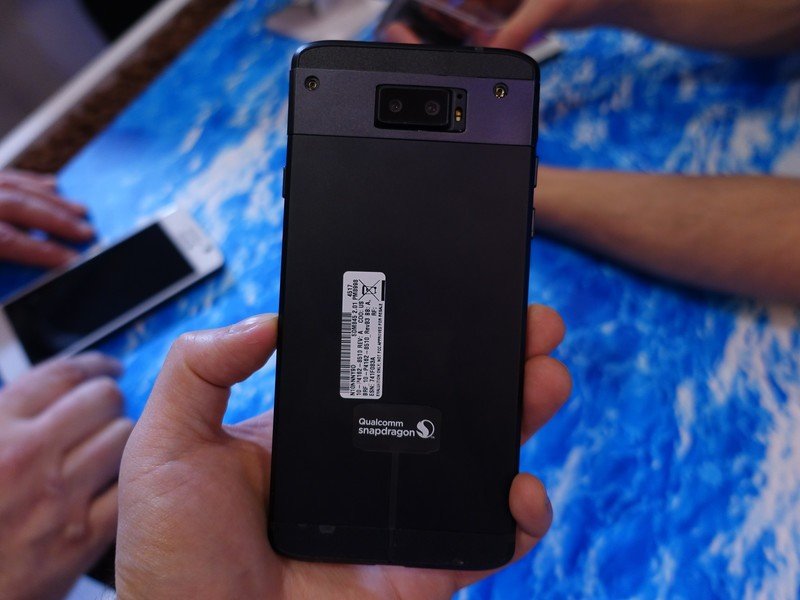
These days, it's not enough for a phone to have the best sensor or sharpest lens. They're physically limited by their size, so software — and the silicon pipes that software passes through — have to pick up the slack. A phone like the Pixel 2 has decent hardware credentials, but Google performs a bunch of its own magic behind the scenes.
Qualcomm has a part to play in that process, too: every photo captured on a Snapdragon-powered phone runs through the Hexagon DSP and Spectra ISP. And while running a Snapdragon chip doesn't guarantee great photos (see the Essential Phone, for instance) it does offer a turnkey solution to manufacturers that are willing to put in the effort to build on an already-strong base.

The Snapdragon 845 provides an even stronger base for manufacturers. Yes, being able to capture photos in 10-bit color with a Rec. 2020 gamut is impressive, but there's no real-world advantage to that just yet. What's more impressive to me is how the new Spectra 280 ISP facilitates 60fps photo capture at up to 16MP, and uses on-device programming to interpret the photos and bring out their best qualities. The only reason phone cameras are able to get photos as good as they do on such tiny sensors and stubby lenses is through intelligent pipelines that provide APIs the right tools to work. Google has the best APIs (with Samsung, Huawei and LG not far behind) but I'm excited to see how 2018 flagships will use with war chest of tools.
For instance, Apple continues to own Android phones when it comes to slow motion — 1080p at 240fps is still unreachable anywhere in the Android ecosystem — but the Snapdragon 845 gets phone makers closer. They'll be able to get 480fps slow motion at 720p with HDR detail, which is pretty great (though 1080p slo-mo is still capped at 120fps for some reason). Better yet, Android flagships will be able to draw in 4K video at 60fps next year, which gives videomakers so much more to work with. Imagine an LG V40 with all of the V30's video capabilities with the option to get 60fps 4K video. Amazing.
The takeaway: Cameras will only get better in 2018, and videographers are in for more than one treat.
Cellular speed and flexibility
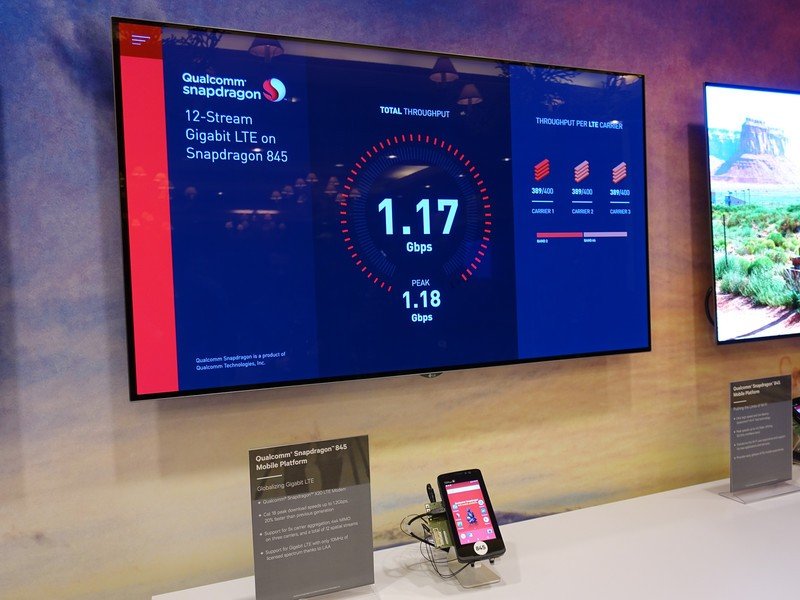
This year, 2017, has all been about gigabit speeds. Next year, that's not going to change much with the Snapdragon 845. Yes, theoretical maximum speeds will increase to 1.2Gbps, a 20% increase over the 835, but what's more important, and impressive, is the availability of gigabit to additional carriers.
You'll probably never reach gigabit speeds outside of a lab, but the Snapdragon 845 makes it more likely you'll get closer more often.
This comes in the form of alternative combinations of bands to achieve those speeds; with the Snapdragon 835, carriers were limited to just two combinations; on the Snapdragon 845, that numbers swells to eight. Why does this matter? Because in the real world, carriers can't just switch up or acquire new spectrum to cater to the limitations of a modem; they have made investments in spectrum and equipment and will wait until the phones support the technology combinations in which they've invested.
According to Qualcomm, over 90% of the world's carriers now have the capability to offer gigabit speeds with just 10Mhz of licensed spectrum thanks to the growing support of unlicensed spectrum. Qualcomm's LAA (License Assisted Access) solution lets carriers glob onto existing 5GHz airwaves — the same spectrum used by Wi-Fi routers — to offer additional capacity in areas that need it, like dense urban environments. The beauty of LAA is that these small cell sites — boxes deployed in large cities to add much-needed relief to low- and mid-range spectrum — can be reused in 2019 and beyond for 5G.
The takeaway: Chances are, your carrier is going to be able to offer gigabit LTE sooner than later.
Making biometrics suck less
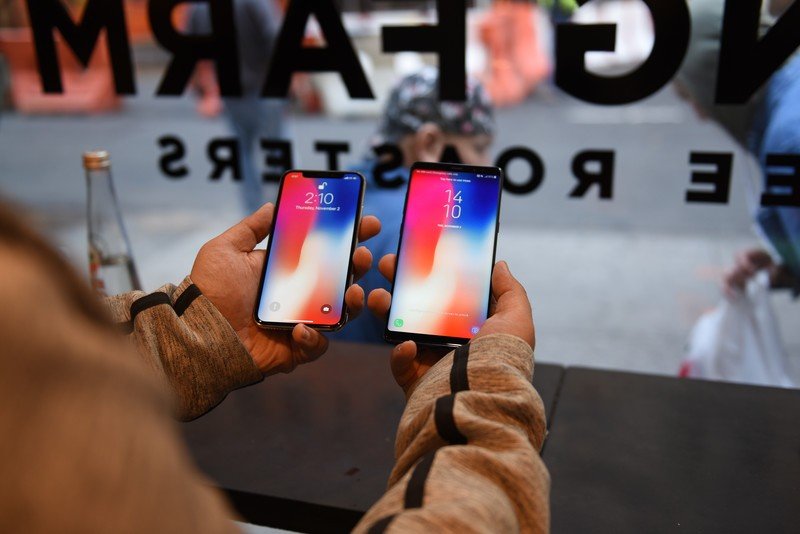
Android phones have a mishmash of unlocking methods, from front and rear (and side) fingerprint sensors to iris scanning, face unlock, and more. Companies, including Qualcomm, have been promising alternatives for years, including under-the-glass finger identification that has eluded even the Apples and Samsungs of the world, but the Snapdragon 845 is more realistic than that: it merely wants to make biometrics suck less.
Get ready for iris scanning that's fast and reliable in 2018.
Specifically, it's making the data less vulnerable to attacks, putting it in what's called the Secure Processing Unit. This is a separate core from the rest of the SoC, with its own power and runtime components, and will store both biometric data and key data components like payment credentials, passwords and personal identification cards.
But the Snapdragon 845 goes well beyond that: Qualcomm recognizes that, despite Samsung being the only big name in the Android space to currently use iris scanning, the technology is poised to expand big-time. And with it, the speed and reliability of what is arguably the best alternative to fingerprint biometrics is going to increase many times over. We've already seen speed improve considerably on devices like the OnePlus 5T, but that particular solution makes no claims to security itself, just convenience. With the Snapdragon 845, companies can build unlocking solutions that cater to both.
The takeaway: More secure, faster biometrics? That's good for everyone.
Totally wireless headphones that last
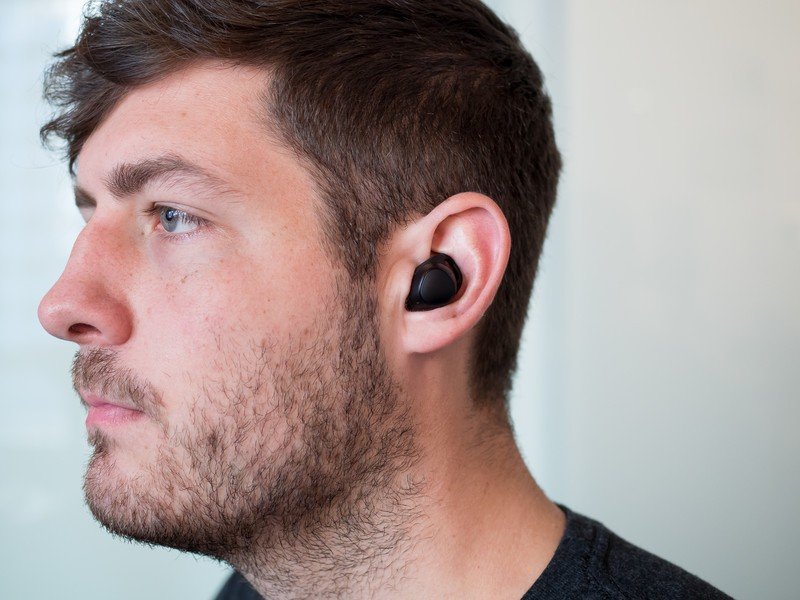
This one hits close to home. With the Snapdragon 845, Qualcomm is adding a piece to the Bluetooth 5 stack that allows certain music apps to communicate with totally wireless headphones independently, as opposed to relying on a "master" to communicate in real-time with its counterpart. This promises to not only cut down on battery usage but potentially eliminate the common issue where one earbud loses sync with its twin.
Qualcomm says that users can expect up to 50% improved battery life from these kinds of increasingly-popular headphones — without having to actually buy new ones. Pretty great if you ask me.
The takeaway: 🎧🔋🎉
Your turn
What are you most excited about with the Snapdragon 845? Let us know in the comments!

Daniel Bader was a former Android Central Editor-in-Chief and Executive Editor for iMore and Windows Central.
